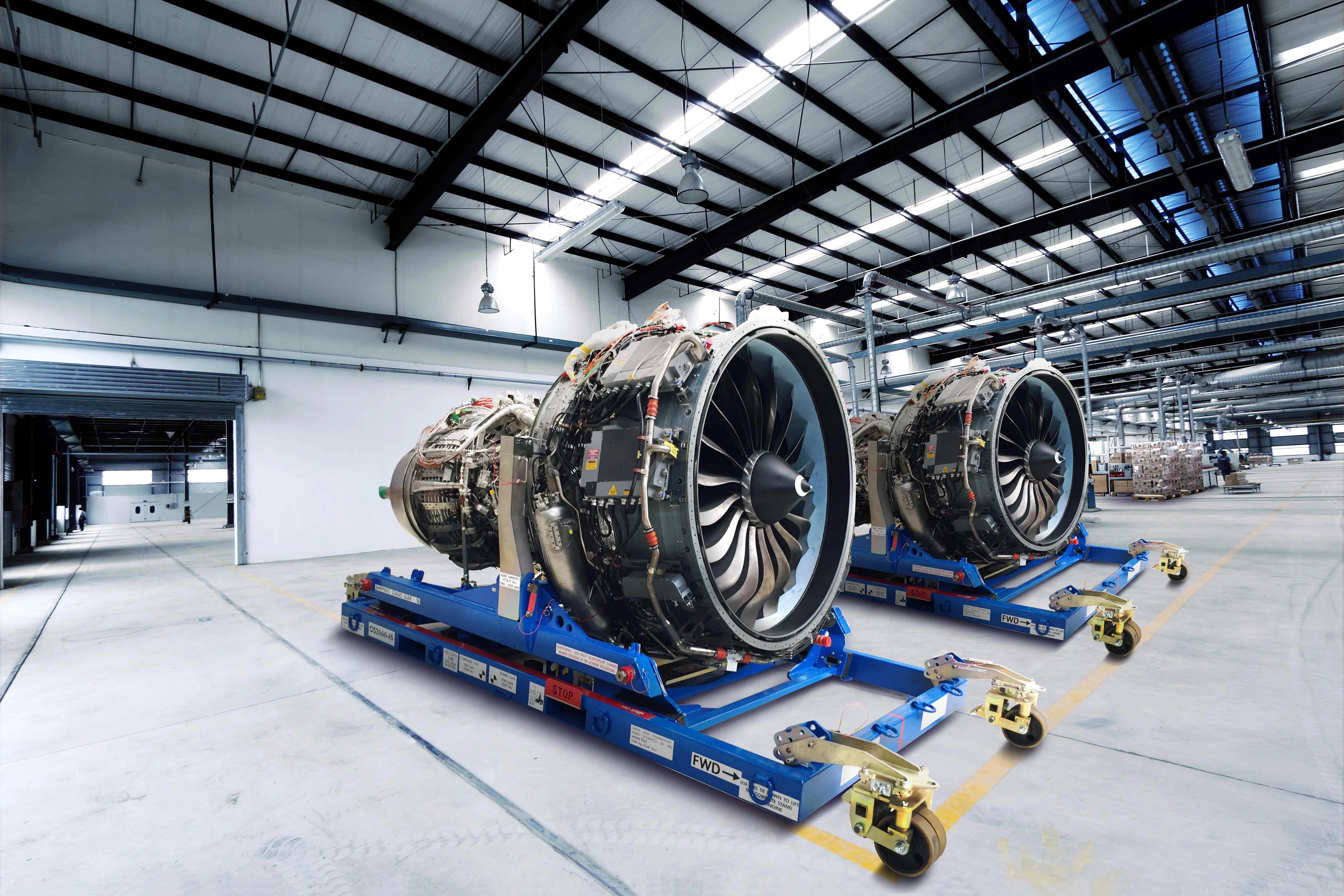Export Control and ITAR Compliance Insurance: Protecting Aerospace Manufacturers from Regulatory Risks
Introduction: Navigating the Complex World of Export Regulations
In the highly regulated aerospace manufacturing industry, understanding and managing export control risks is not just a legal necessity—it's a critical business survival strategy. The International Traffic in Arms Regulations (ITAR) and broader export control frameworks present complex challenges that can expose manufacturers to significant financial and legal vulnerabilities.
Understanding Export Controls: The Regulatory Landscape
What are Export Controls?
Export controls are government-mandated restrictions on the transfer of sensitive technologies, goods, and information across national borders. For aerospace manufacturers, these regulations are particularly stringent due to the potential national security implications of aerospace technologies.
Key Regulatory Frameworks
- ITAR (International Traffic in Arms Regulations): A U.S. regulatory regime governing the export of defense and military-related technologies
- EAR (Export Administration Regulations): Controls the export of dual-use commercial and military items
- EU Dual-Use Regulation: European framework for controlling sensitive technology exports
ITAR Compliance: Challenges for Aerospace Manufacturers
Regulatory Complexity
ITAR compliance is notoriously complex. Manufacturers must navigate a labyrinth of regulations that cover:
- Technology transfer restrictions
- Detailed record-keeping requirements
- Strict employee training mandates
- Comprehensive documentation of all international interactions
Potential Consequences of Non-Compliance
The risks of ITAR non-compliance are severe and can include:
- Substantial financial penalties (up to $1,000,000 per violation)
- Criminal prosecution
- Permanent export privileges revocation
- Significant reputational damage
Export Control and ITAR Compliance Insurance: Your Strategic Defense
What is Compliance Insurance?
Export control and ITAR compliance insurance is a specialized risk management tool designed to protect aerospace manufacturers from the financial and legal risks associated with regulatory violations.
Key Coverage Components
- Legal Expense Coverage: Protecting against legal costs in regulatory investigations
- Penalty Protection: Financial coverage for potential regulatory fines
- Compliance Consulting: Access to expert guidance on maintaining regulatory adherence
- Reputation Management: Support for managing potential reputational fallout
Comprehensive Risk Mitigation Strategies
Insurance is Just the Beginning
While compliance insurance is crucial, it should be part of a broader risk management approach:
- Robust Compliance Programs: Develop comprehensive internal control mechanisms
- Regular Training: Continuous employee education on export control regulations
- Technology Tracking: Implement advanced tracking systems for sensitive technologies
- Regular Audits: Conduct frequent internal and external compliance reviews
Selecting the Right Export Control Compliance Insurance
Key Considerations
- Insurer's expertise in aerospace and defense sectors
- Comprehensive coverage breadth
- Flexibility to adapt to changing regulatory landscapes
- Strong claims support and rapid response capabilities
Cost-Benefit Analysis: Why Compliance Insurance is a Strategic Investment
The cost of compliance insurance is minimal compared to potential regulatory penalties. A single ITAR violation can result in millions of dollars in fines, legal expenses, and lost business opportunities.
Potential Financial Impact
| Scenario | Potential Cost |
|---|---|
| Minor ITAR Violation | £250,000 - £500,000 |
| Significant Compliance Breach | £1,000,000 - £5,000,000 |
| Annual Compliance Insurance Premium | £10,000 - £50,000 |
Future Trends in Export Control and Compliance
The regulatory landscape is continuously evolving. Emerging trends include:
- Increased digital surveillance of technology transfers
- More complex international collaboration frameworks
- Growing emphasis on cybersecurity in export control
- Enhanced cross-border regulatory cooperation
Conclusion: Proactive Protection in a Complex World
For aerospace manufacturers, export control and ITAR compliance insurance is not an optional extra—it's a critical strategic necessity. By investing in comprehensive coverage and robust compliance strategies, manufacturers can protect their business, reputation, and future growth potential.
Frequently Asked Questions
- Who needs ITAR compliance insurance?
- Aerospace manufacturers, defense contractors, and technology firms involved in international technology transfer.
- How often should compliance programs be updated?
- Annually, or immediately when significant regulatory changes occur.
- Can small manufacturers afford this insurance?
- Many insurers offer scalable solutions tailored to different business sizes.


 0330 127 2333
0330 127 2333
